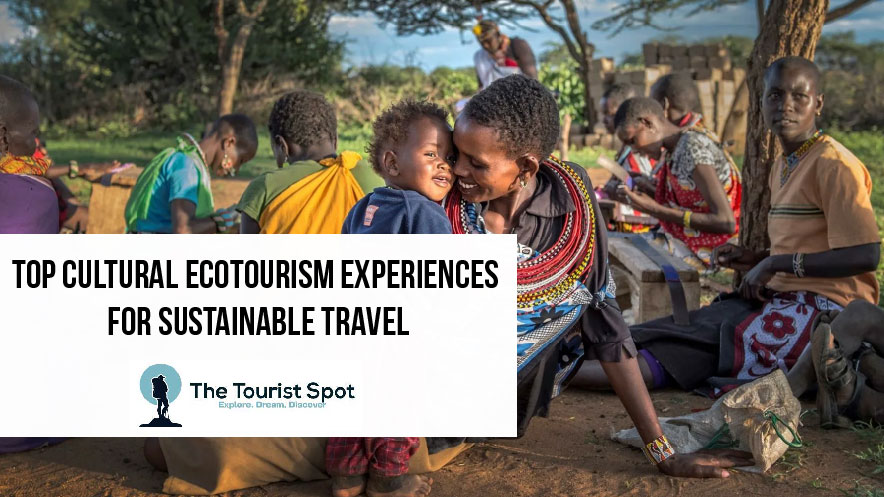Travel is more than just sightseeing—it’s about understanding, connecting, and preserving. As travelers become more conscious of their impact on the environment and local communities, Cultural Ecotourism has emerged as a meaningful way to explore the world. This type of travel combines the appreciation of nature with immersion into local cultures, offering sustainable and enriching experiences.
Cultural Ecotourism Experiences
Cultural ecotourism allows visitors to engage with indigenous traditions, learn from local customs, and explore natural surroundings responsibly. It encourages respect for both the environment and the communities that call these beautiful places home. If you’re planning your next journey and want to travel with purpose, here are some top experiences that define cultural ecotourism.
1. Community-Led Forest Tours in Borneo
In Borneo, local communities guide travelers through ancient rainforests while sharing their deep-rooted knowledge of native plants, wildlife, and traditional practices. These tours not only protect biodiversity but also support the livelihoods of local people. Cultural ecotourism here focuses on education and conservation through firsthand storytelling.
2. Rural Village Experiences in Northern Thailand
Northern Thailand offers immersive stays in hill tribe villages where travelers can take part in daily life—from cooking local dishes to learning textile weaving. This kind of tourism respects local heritage and supports the preservation of traditional lifestyles. It’s a rewarding way to understand a culture while staying close to nature.
3. Cultural Encounters in the Andes
In South America, the Andes region offers opportunities to connect with indigenous communities that have lived sustainably for generations. Visitors can participate in farming, attend festivals, and learn about ancient agricultural techniques. Cultural ecotourism in this region highlights harmony between humans and the natural environment.
4. Desert Nomad Journeys in Morocco
Morocco’s deserts are home to Berber nomads who welcome visitors to experience their way of life. Travelers can enjoy traditional music, taste authentic cuisine, and sleep under the stars. These experiences are deeply rooted in cultural tradition and emphasize low-impact travel in fragile desert ecosystems.
5. Eco-Lodges and Cultural Workshops in Costa Rica
Costa Rica is known for its ecological commitment, and many eco-lodges here are managed by local families who offer cultural workshops. Guests can learn traditional cooking, explore medicinal gardens, and understand the relationship between local communities and their environment.
Why Choose Cultural Ecotourism?
Cultural ecotourism promotes awareness and respect. It goes beyond the typical vacation by encouraging travelers to become part of the communities they visit. It fosters cross-cultural understanding while minimizing environmental harm. This kind of travel is especially important in preserving cultural identities and empowering local voices.
Tips for a Responsible Cultural Ecotourism Trip
- Choose experiences that are locally owned and operated.
- Be open to learning and respectful of cultural differences.
- Follow eco-friendly practices, including reducing waste.
- Support handmade goods and community-run businesses.
- Travel slowly and mindfully to reduce your footprint.
Conclusion
Cultural ecotourism offers a meaningful alternative to mass tourism. It helps protect natural habitats and preserves cultural diversity for future generations. As travelers seek deeper and more ethical ways to explore the world, cultural ecotourism stands out as a powerful and inspiring path forward.

